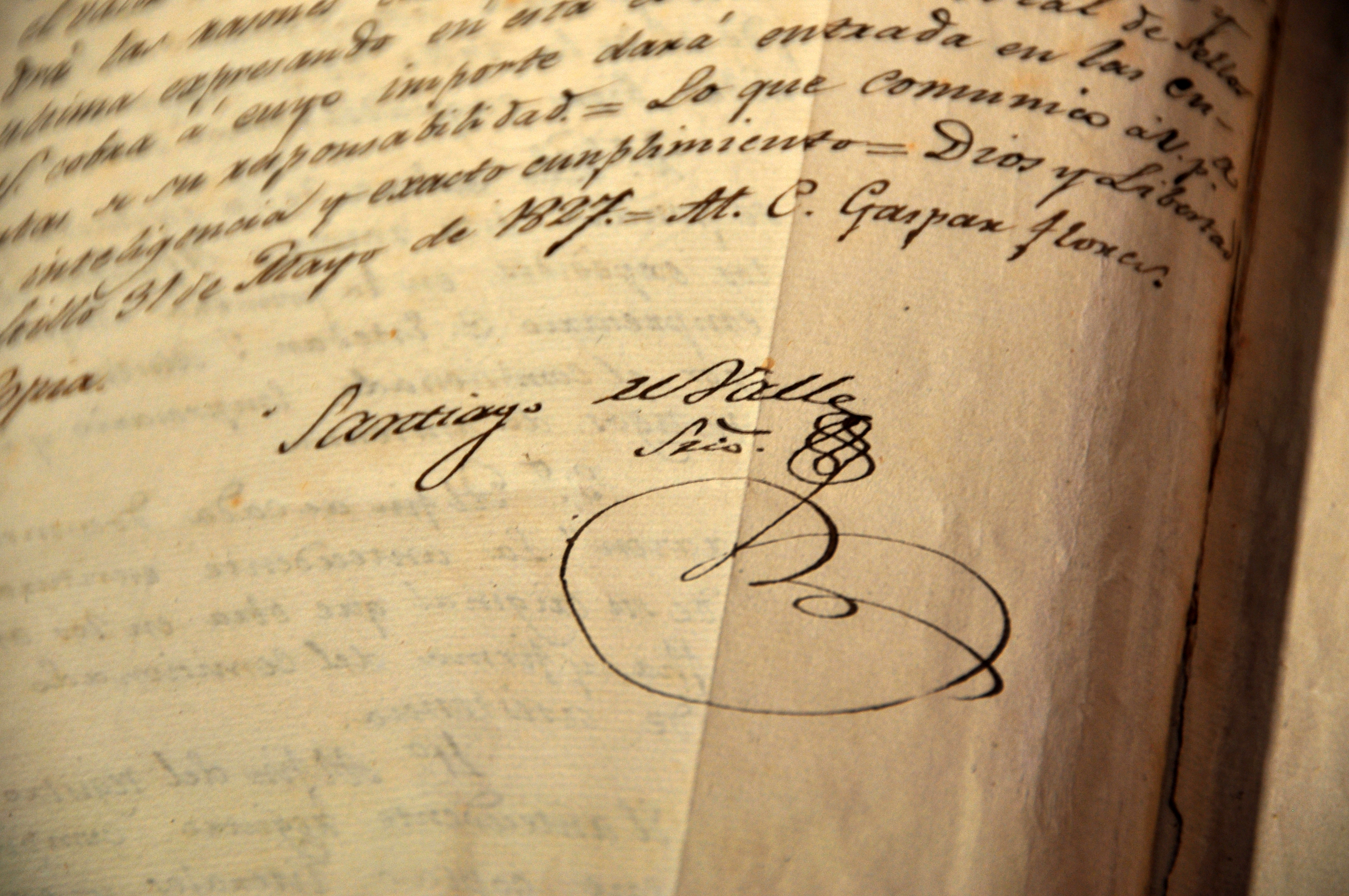Summary
A long-term analysis of Texas Beach Watch bacterial data by Texas A&M University-Corpus Christi (TAMU-CC) revealed that 25 Texas beaches are hotspots of bacterial pollution. Results also revealed that bacterial pollution is increasing with time, population growth, and sea level rise. Funds will be used to identify hotspots and potential drivers of coastal fecal bacterial pollution on Galveston Island. Data will be re-analyzed to pinpoint individual sampling stations that exhibit a history of bacterial pollution. Potential drivers of coastal bacterial pollution will be evaluated by assessing 1) the density and integrity of on-site sewage facilities (OSSF), 2) the occurrence of leaks, spills, and sanitary sewer overflows (SSO), 3) the potential connectivity between wastewater infrastructure and surface water pollution, 4) the inflow of stormwater runoff and wastewater treatment plant (WWTP) effluent, and 5) changes in recreational beach attendance. Additionally, the presence of human, canine, and gull fecal waste will be confirmed by collecting water samples and testing for the abundance of host-specific molecular markers of fecal pollution: the human-specific Bacteroides HF183 molecular marker, the canine-specific Bacteroidales DogBact molecular marker, and the gull-specific Catellicoccus LeeSeaGull molecular marker.
Basics
Classification
- CMP 306
Timeline
-
Document21-060-025-D274-final-rpt.pdf (8.9 MB)








